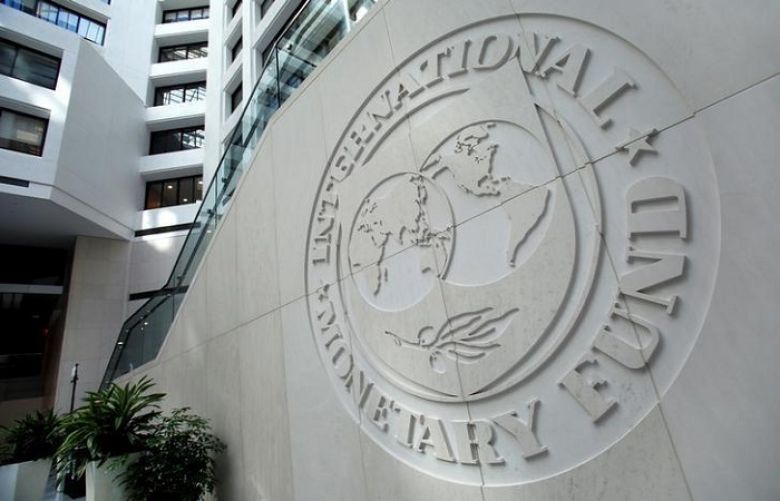The International Monetary Fund has expressed its fear that economic conditions of Pakistan may further decline in 2019, resulting in slowdown of economic development and increase in unemployment.
The IMF on Tuesday issued its report titled World Economic Outlook 2019, stating that economic development would slow down and unemployment would increase in Pakistan in 2019.
It said the projected GDP growth rate of the country would remain 2.9 percent this year, while it would be 2.8 percent the next year, as compared to 5.2 percent in 2018.
The IMF said the expected budget deficit of the country is likely to be 7.2 percent, which is feared to increase next year. It said inflation in Pakistan would remain 7.6 percent, despite a projected 6 percent.
The current account deficit of the country would remain 5.2 percent this year and 4.3 percent next year, the report said. Unemployment would remain 6.2 percent in the current year, while it would increase to 6.2 percent next year, the IMF projected.
The global lender in its report said that Pakistan needs to take measures to bring improvement in economic indicators.
"Growth in the Middle East, North Africa, Afghanistan, and Pakistan region is expected to decline to 1.5 percent in 2019, before recovering to about 3.2 percent in 2020. The outlook for the region is weighed down by multiple factors, including slower oil GDP growth in Saudi Arabia; ongoing macroeconomic adjustment challenges in Pakistan; US sanctions in
Iran; and civil tensions and conflict across several other economies, including Iraq, Syria, and Yemen, where recovery from the collapse associated with the war is now expected to be slower than previously anticipated," the report stated.
"The medium-term outlook for the Middle East, North Africa, Afghanistan, and Pakistan region is largely shaped by the outlook for fuel prices, needed adjustment to correct macroeconomic imbalances in certain economies, and geopolitical tensions," it said.
"In Pakistan, in the absence of further adjustment policies, growth is projected to remain subdued at about 2.5 percent, with continued external and fiscal imbalances weighing on confidence."







